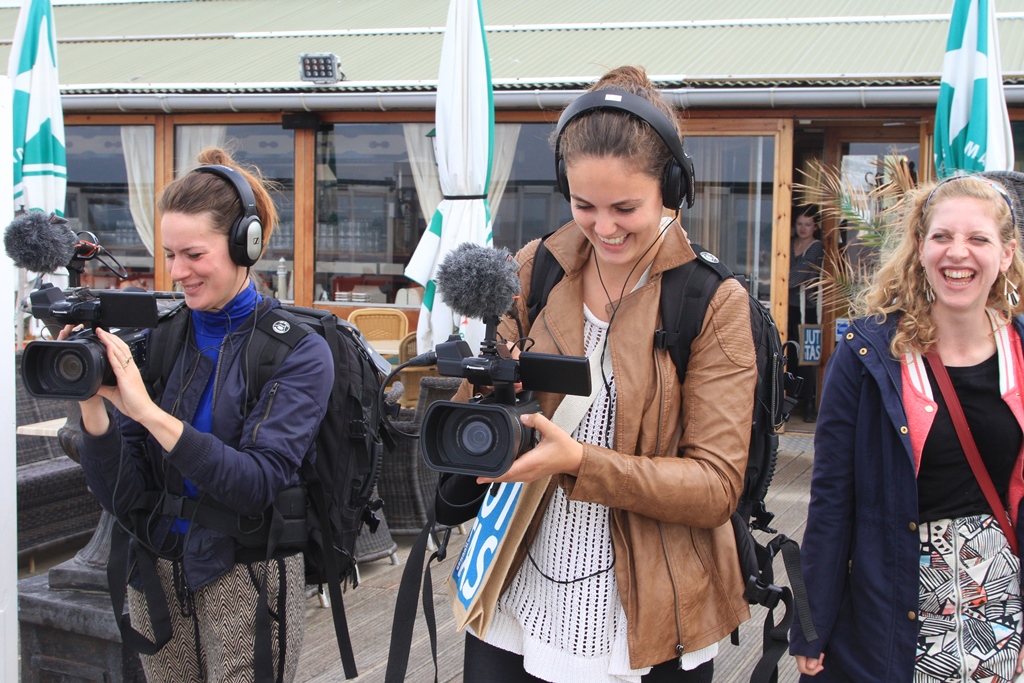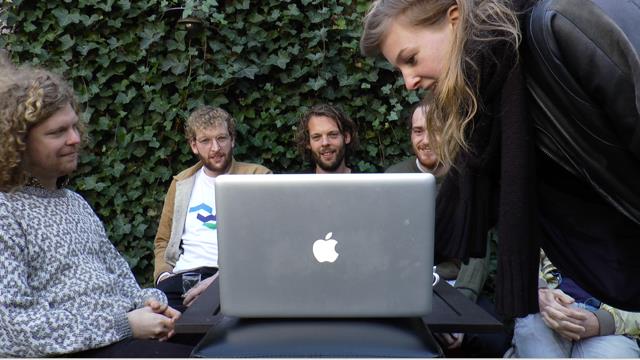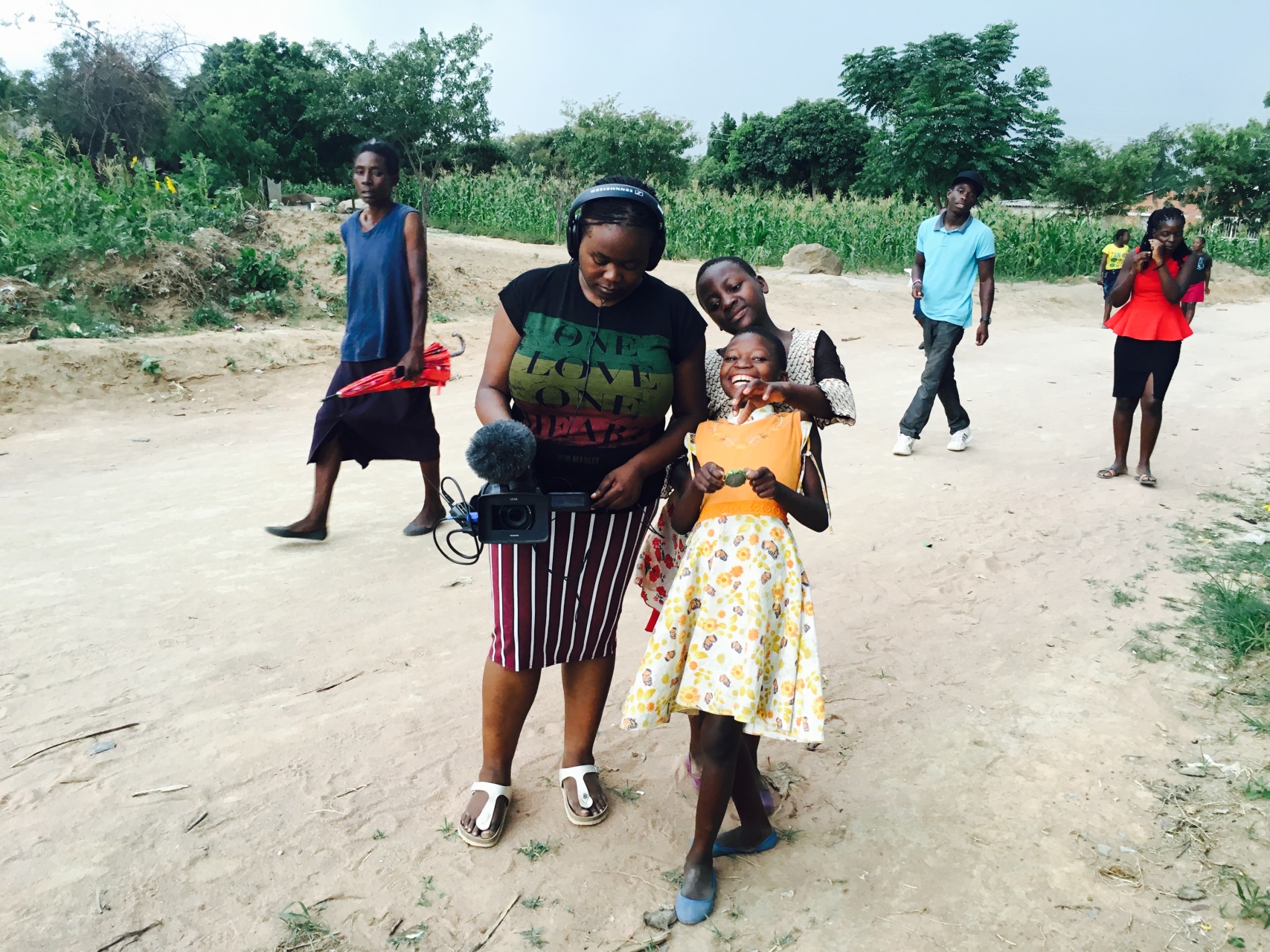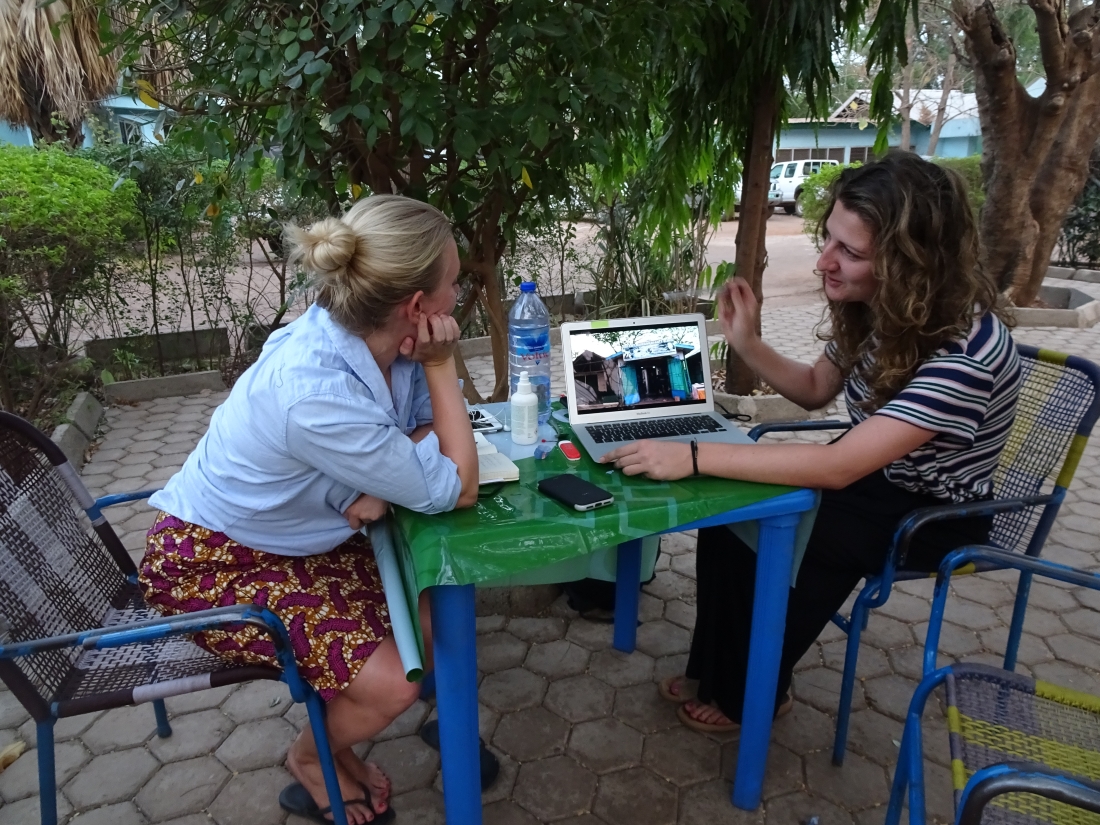Visual Ethnography (MSc)
About the programme
Visual Ethnography combines anthropological theory and hands-on audiovisual practice.
Programme structure
In the fall, you develop your own visual ethnography research project, with a thesis proposal and portfolio film. In the winter, you produce audiovisual materials during a 2,5-month period of fieldwork. In the spring, you analyse your materials and edit a montage of key sequences into a final multimodal thesis. In the summer, you complete the programme with your own ethnographic film and/or an expanded multimedia production.
Course overview
-
Contemporary Anthropological Social Theory (10 EC)
-
Research Design for Visual Ethnography (5 EC)
-
Research Proposal for Visual Ethnography (5 EC)
-
Ethnographic Fieldwork (20 EC)
-
Thesis Seminar for Visual Ethnography (5 EC)
-
Master thesis project (15 EC)
-

Learn to use a visual ethnography framework in each phase of your research process. -

Discuss audio-visual material with your fellow students. -

Julia, alumna Visual Ethnography, during her fieldwork in South-Africa. -

Join the Ghana Fieldschool for research training in the field.

